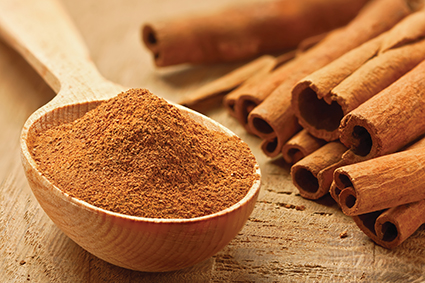
Editor’s Note: According to the American Diabetes Association, in 2019, 37.3 million – about 11.3 percent – of the country’s population had diabetes. When the numbers are broken down by age that percentage shifts, with 15.9 million of individuals over the age of 65 – just over 29 percent of that cohort – either being treated for or having undiagnosed diabetes.
Listed as the seventh most prevalent cause of death in the U. S., understanding, – and managing – diabetes is an important factor in maintaining a healthy, active life as individuals age.
Diabetes is a chronic (long-lasting) health condition that affects how the body turns food into energy. Most of the food an individual eats is broken down into sugar (also called glucose) and released into the bloodstream. When an individual’s blood sugar goes up, it signals their pancreas to release insulin, a hormone made by the islet cells of the pancreas that controls the amount of sugar in the blood by moving it into the cells, where it can be used by the body for energy (https://www.cancer.gov/publications/dictionaries/cancer-terms/def/insulin)
When an individual has diabetes, their body isn’t able to properly process and use glucose from food. There are different types of diabetes – prediabetes, Type 1, Type 2 and gestational – each with different causes, but they all share the common problem of having too much glucose in the bloodstream. Treatments depend on the type of diabetes and include medications and/or insulins. Some types of diabetes, such as prediabetes and Type 2, can often be prevented by adopting a healthy lifestyle, exercise and diet.
Herbs and diabetes care
There are also quite a few herbal ingredients that have been studied and shown to have excellent results in helping to control diabetes. However, with any use of herbs for diabetes, it is crucial that you discuss this approach with your doctor.
When using herbs, it is highly suggested you check your sugar levels regularly, as changes can be rapid in some cases. At Herbarium, we have seen people who have improved quickly and the doctor has lowered their medication levels accordingly, but you have to work with the doctor.
Below are some of the herbs used to help control diabetes:
Other supplements used for diabetes include:
We have had great success when our customers have used ginkgo for the peripheral circulation, B -complex for better nerve impulse transmission and magnesium to smooth the nerve fibers.
A combined approach
Though there are many individual ingredients one can use, we at the Herbarium find using formulas tend to give the best results. However, no matter which approach you choose, you must check your blood sugar levels. These supplements are very effective and can drop your sugar levels quickly.
Again I must stress, people need to discuss and inform their healthcare provider about any additions of herbs or supplements they may use for diabetes.
For more information about herbs and diabetes care, please visit the Herbarium. We have plenty of free literature on diabetes available.
Send questions on botanical remedies to: Nature’s RX: Jonathan Evans at Herbarium258@gmail.com, or by regular mail to: The Herbarium, 254 Exchange St., Chicopee MA 01013. If requesting information, please include a stamped, self-addressed envelope